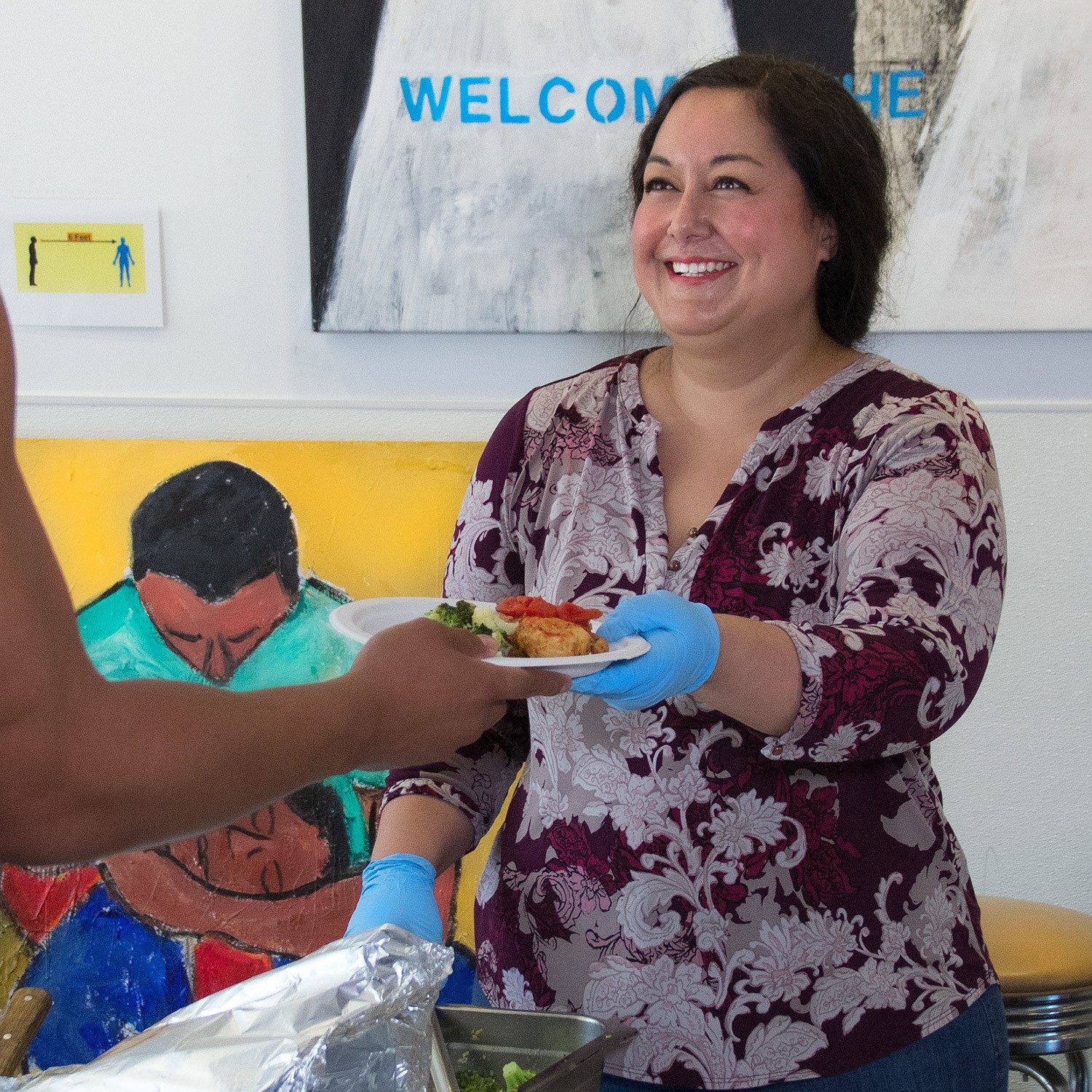Doria T. had a confusing upbringing, straddling a line between two worlds: “I grew up in a biracial family, half Samoan, half white. I was caught somewhere in the middle, and I didn’t really feel connected to either side. I never felt like I belonged, whether at home or in school, and I was bullied pretty badly as a kid.”
Doria had always been shy and somewhat of an introvert, but drinking lowered her inhibitions and made her more comfortable in social situations—but her drinking behaviors were different than the rest of her friends. “I started having problems with alcohol right away. I would binge drink, mostly on the weekends, and I would drink to the point of blacking out. I would wake up without any recollection of what had happened the night before, but that still didn’t stop me from drinking,” she says. In fact Doria’s consumption escalated.
“After high school graduation, I drank through that summer and right into college, then pretty much started drinking every day. I didn’t do very well my first quarter and had to beg my parents to let me stay so I could make another attempt at it. They let me stay, and I managed to bring my grades up,” Doria says. “I had also become very social, and I was invited to all the social gatherings. I had made a lot of friends, and I would go to all the parties. Somehow I was able to juggle good grades with a busy social life. I had learned how to manage my alcoholism quite well and graduated with a degree in social sciences—and a degree in functional alcoholism.”
Doria’s good grades got her into law school, but she struggled there, and when a long-term relationship came crashing down, her woes multiplied. “I felt alone. I had become extremely depressed. I was drinking four bottles of wine a night. I had truly become a professional drinker,” Doria said with a grin.
After she graduated law school, Doria got a job at a law firm, and her drinking continued to worsen. “I moved from wine to whiskey,” she says. “I would drink about a half a handle a night.” Doria eventually got married and had a child, hoping that the responsibility would keep her from drinking so much. She was able to stay sober through her pregnancy, but as her child got older, the stress of being a mother had become too much, and she had a nervous breakdown. Doria was diagnosed with bipolar disorder and began receiving treatment, but she had neglected to mention her struggle with alcohol. Within three months, she had stopped taking her medication and had started drinking again. “I had another mental breakdown, only this time I was diagnosed with schizophrenia. It was the bottom for me,” she remembers.
Rabbi Micha’el Akiba, a long time friend of Doria’s husband, recommended that she get some help at BTS. Doria was accepted and was quickly brought into the program. ”I felt a lot of shame about my mental condition. I felt like I failed my family. My husband had asked for a divorce a few months into the program, which was really hard to take, and once again, I fell into a deep depression. I began skipping sessions and groups. I started isolating and sleeping a lot, but with the help of my treatment team and my newfound sponsor, I was able to get past the depression. I was so grateful that I had BTS to help me pull through such a dire situation. I would have turned to alcohol had I not been here. I feel like I’ve developed the coping skills I’m gonna need to refrain from drinking through the difficult times. Sayings like, ‘always take the next right action,’ or ‘you can’t think your way into right actions, but you can act your way into right thinking,’ have really resonated with me. I’m going to take full advantage of all that I’ve learned and all the connections that I have made here. BTS has helped me gain the confidence to start looking for work again, and I’m excited to get back into my career in civil litigation. I’m so grateful to BTS for not only helping me to pick up the broken pieces of my life, but also giving me the skills and know-how to begin rebuilding a strong foundation for a sober and healthy life ahead.”
